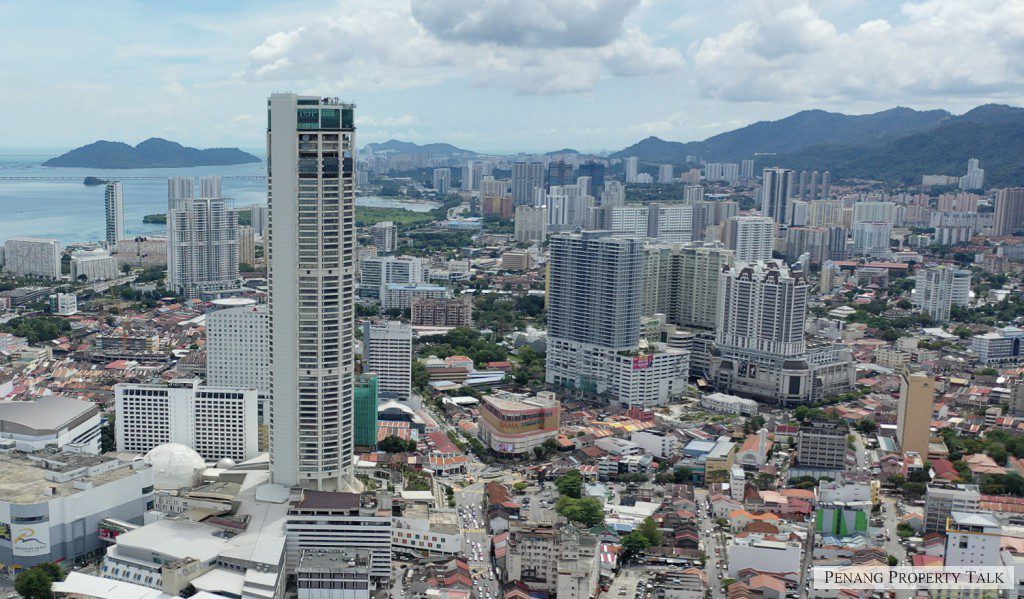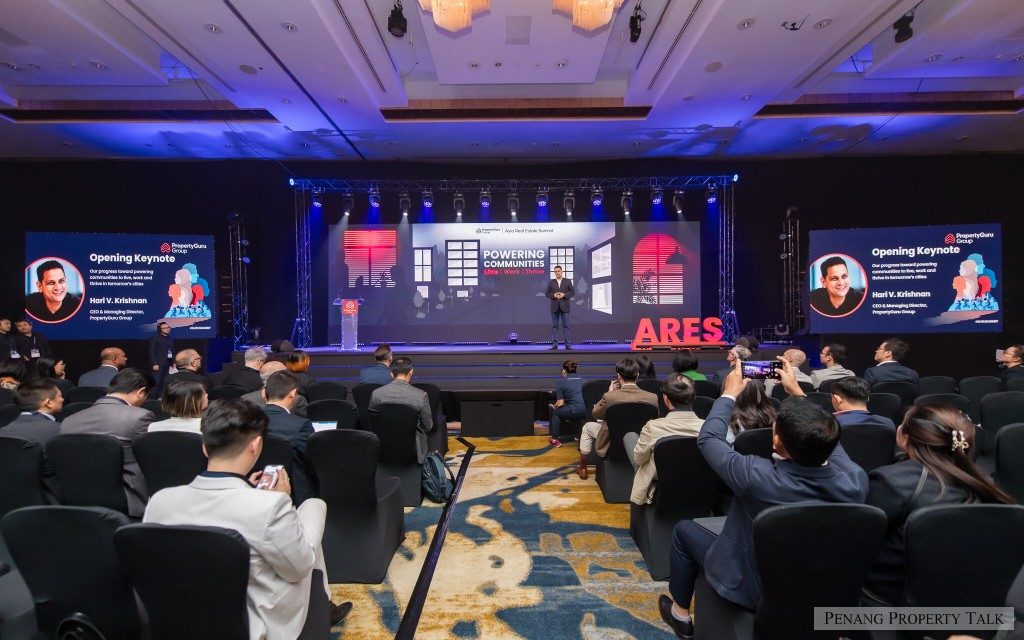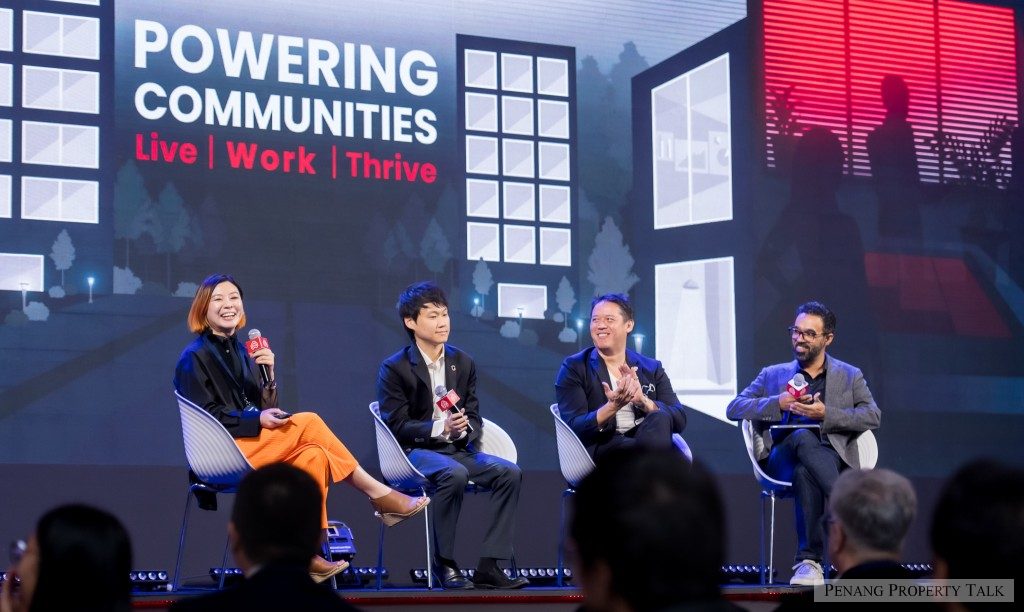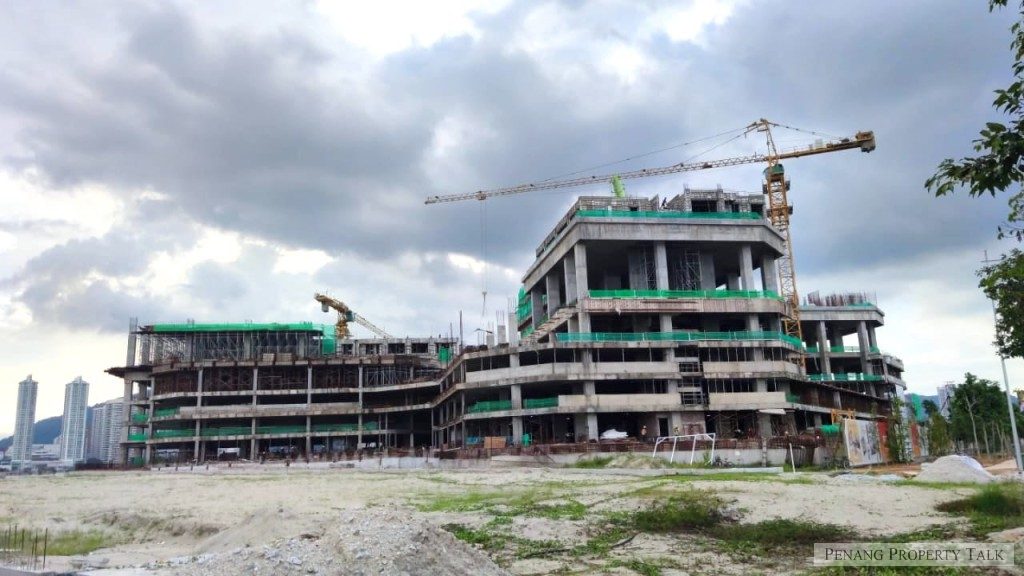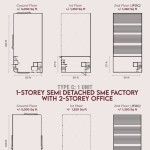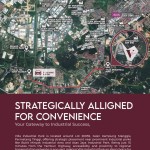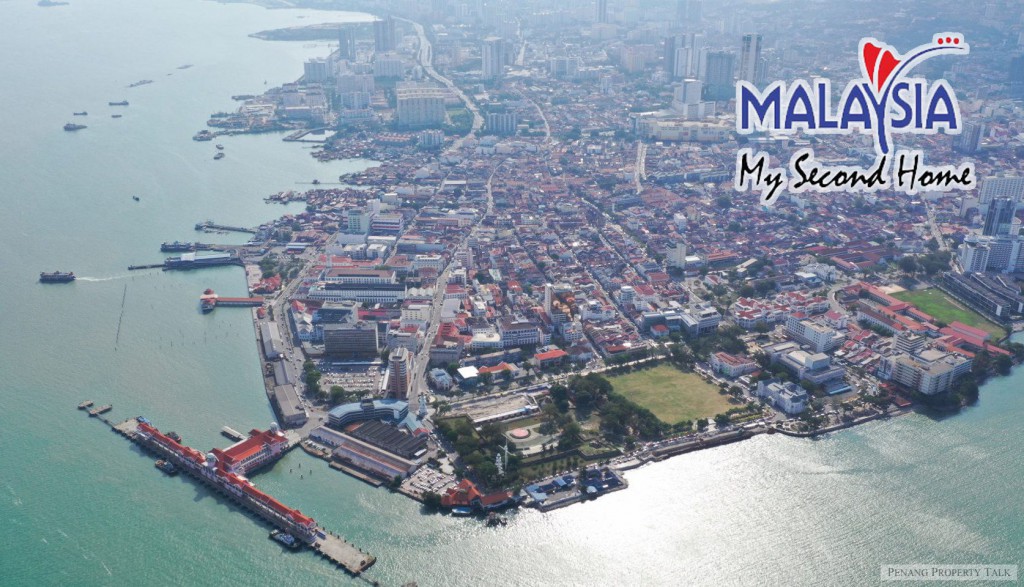Relaxed MM2H program sparks optimism for property sector
The recent overhaul of Malaysia’s My Second Home (MM2H) program, aimed at attracting a larger pool of foreign residents, has sparked optimism in the country’s property sector. The three-tiered structure and updated financial requirements introduced by the Tourism, Arts, and Culture Ministry aim to make Malaysia an even more appealing second home destination.
While the revised MM2H program is viewed as an improvement over its predecessor, concerns linger about its overall attractiveness and impact on the economy. Professor Geoffrey Williams, an economist and Provost for Research and Innovation at Malaysia University of Science and Technology, believes that despite the changes, the program still appears more as a revenue-raising initiative for the Immigration Department than a genuine effort to encourage expatriate residents.
Williams notes that the MM2H program might primarily attract high-income individuals seeking tax avoidance strategies rather than those genuinely interested in contributing to the local economy. The lowered minimum age requirement and expanded range of eligible dependents may not be sufficient to position Malaysia competitively against neighboring countries with similar programs.
The introduction of the Premium Visa Program (PVIP) in September 2022 reflects the government’s attempt to attract wealthy foreigners through a “Residency Through Investment” concept. However, Williams argues that this approach may not be enough to repair Malaysia’s reputation, as other countries offer better schemes and lower living costs.
The MM2H program, initially launched in 2002 to attract retirees, was suspended in 2019 and relaunched in 2021 with more stringent conditions. According to RHB Research, the stricter criteria led to a significant decline in MM2H applications, representing only 2.8% of the residential transaction volume.
PVIP, designed to raise funds quickly, faced challenges due to its high upfront processing fees. Williams emphasizes the need for a positive sentiment and a welcoming environment, suggesting that the government should focus on creating an attractive long-term option for foreigners.
While analysts from research houses like RHB Research and HLIB Research see potential benefits for key property developers like UEM Sunrise Bhd, Sunway, and Eastern & Oriental Bhd under the new MM2H program, concerns about competition from neighboring countries persist. Thailand and Indonesia have launched similar programs in recent years, intensifying the competition for attracting foreign residents.
TA Research, maintaining an “overweight” stance on the property sector, anticipates positive effects on the real estate market but suggests the removal of the high monthly income requirement to enhance the program’s appeal. Comparisons with other countries like the Philippines, Indonesia, and Cambodia, which do not impose stipulated minimum income requirements, highlight potential areas for improvement.

